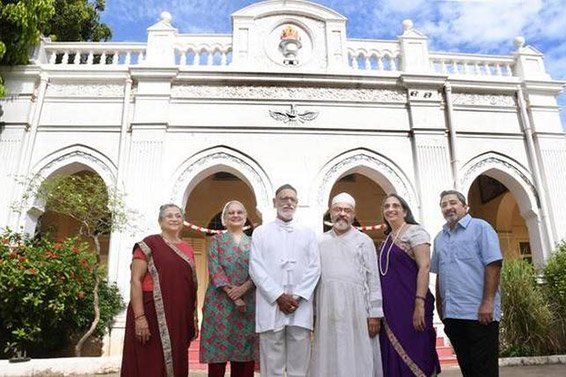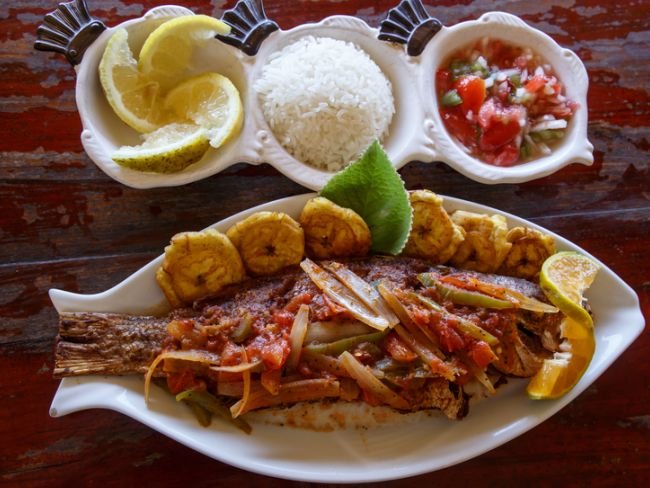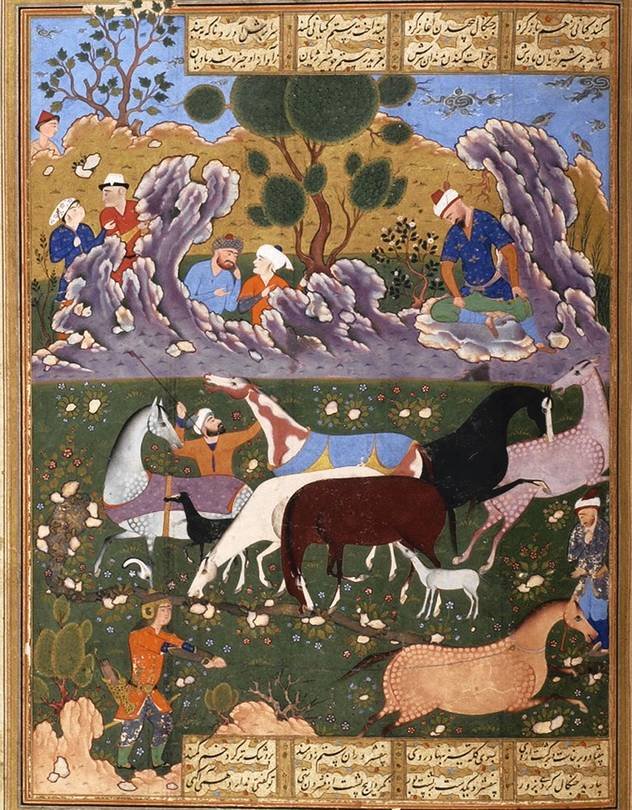A breakfast date with the Parsis of Chennai
Chennai’s Parsi community break brun at their Dharamshala for Madras Week, to explain their history and unique culture over multiple cups of mint chai, generously buttered buns, and eggs akuri
 Zareer Daruwala pulls one sparkling toran after another out of a bag, gently holding each up in the early morning sunshine to display its delicate patterns. He maintains the temple complex at the nearly-110-year-old Jal Phiroj Clubwala Dar-e-meher in Royapuram, and the traditional beaded door hangings are made by his daughter-in-law, Bakhtawar Daruwala.
Zareer Daruwala pulls one sparkling toran after another out of a bag, gently holding each up in the early morning sunshine to display its delicate patterns. He maintains the temple complex at the nearly-110-year-old Jal Phiroj Clubwala Dar-e-meher in Royapuram, and the traditional beaded door hangings are made by his daughter-in-law, Bakhtawar Daruwala.
Today, the Parsis number only about 80,000, of which about 50,000 live in India. About 250 are in Chennai. But this is not yet another story of a fading community. Rather, as the chatty core members of the Chennai Parsi community gather on the sun-dappled verandah of the fire temple, swapping tips on where to get designer garas and lamenting the long wait for daglis at a popular Mumbai tailor, it is evident that despite their declining numbers, this tenaciously optimistic community’s culture is thriving.
To celebrate Madras Week, the community is welcoming about 40 people to Royapuram, to learn about their traditions and eat a classic akuri breakfast in an event curated by with Rajith Nair, of The Travelling Gecko.
Preparing for the guests, Tehnaz Bahadurji, dressed in a graceful sari with vintage gara borders, explains how Zoroastrianism is the oldest monotheistic religion. Stating that they use fire as a focus for prayer, she adds that the basic tenets are “Humata, Hukta, Huvarshta, or good thoughts, good words and good deeds.”
Between planning logistics for the event, the Parsis gathered laugh about their lively weddings. When was the last one? They pause to do the mental math. “Seven years ago!” Ervad Bamanshah D Vazifdar, the robed temple priest, arrives and pulls up a chair, to explain how he feeds the fire five times a day. “The first time is after sunrise, then 12.30 pm, 3.30 pm and 7 pm,” he says, adding, “Also once at 12.30 at night.”
Moving towards the next location, the Parsi Anjuman Baug Dharamshala just a few minutes away, Zarine Mistry explains how the Parsis moved to India more than 1200 years ago to escape religious persecution. She speaks softly but authoritatively: Zarine is the community’s historian in Chennai which she says is a challenging role, given how difficult it is to find written records of their past.
Nevertheless the far-flung community is active online, finding inventive ways to connect. Such as ‘The Missing Parsi’ webpage, with a stated mission of “Helping find Missing Parsis and Zoroastrians across the world.” In typical, endearingly Parsi fashion, it is peppered with colourful language. Two reunited friends, for example, begin their first conversation in 23 years with, “Where the hell are you?” Meanwhile, on Facebook, there is a Parsi Khabar group with 49,901 members and a title picture of a New York Audi license plate with ‘Parsi’ emblazoned across. Amidst news of the community around the world, it announces subscriptions to the Fezana Journal. (FEZANA — Federation of Zoroastrian Associations Of North America — is the coordinating body for 27 Zoroastrian Associations in the United States and Canada. The website thoughtfully includes an online store selling sadras and kushtis.)
It is getting warmer, and the sound of traffic is battling Zarine’s voice, but the group stays in the Dharamshala compound, under the shade of a graceful old building, which now provides affordable housing for the community. “The first Parsis in Madras brought a small plot of land right here, in 1795,” says Zarine. “By 1799 they expanded the area. And by 1822 we had about 32 grounds, leased from the East India Company. When the Crown took over in 1858, all lands on a 99-year-old lease were given to the lessees, and by 1895 we got proper documentation.”
Today, the community has three central bodies, which work in tandem: The Madras Parsi Zarthosti Anjuman (MPZA), the fire temple trust and the cultural association. Firdause Jila, vice president of the MPZA, who has been photographing the morning activities to document them, pauses to describe how they established a Parsi club in 1930, in a old colonial bungalow. “It was thriving. Every evening people would gather to play chess, rummy and billiards. The population lived around this area, then. We were not yet dispersed. In 1960 we had an indoor badminton court, the first in the city.” The club was rebuilt in 1978.
Jasmine Kabrajee, president of the Madras Parsi Association (the social and cultural wing), resplendent in a rope of pearls, smiles as she explains how they meet once a month for a community gathering. The conversation splinters from here as one section good-naturedly argues about what defines an Irani cafe (brun maska for the win!). The rest list Parsi-owned theatres in the city, including Wellington, Casino and Elphinston theatre. “Remember Jaffar’s ice-creams at Elphinstone?” says Jasmine, her face lighting up. They launch into reminiscing about the “double scoops”. Was it run by a Parsi? “No. But it was delicious.”
Derailed by ice cream, the group decides it is time for breakfast. Though the setting is basic, an elegant table bristling with crockery and cutlery has been set by Dharamshala manager, Mahiar Shroff. His wife Zavera Shroff is bustling in and out of the kitchen, carrying pretty tableware. As they ladle out generous helping of creamy eggs akuri with cups of fragrant mint tea, Tehnaz chuckles about the Parsi’s zest for eggs. As if on cue, Mahiar arrives brandishing a pan of simmering keema, straight off the hob, crowned with wobbly eggs.
The group falls into an appreciative silence, interrupted only by Mahiar urging everyone to eat more. Tehnaz raises her tea cup, “In Mumbai, they call us the mad Bawas, and we take that as a compliment,” she laughs. “We cherish our eccentricities: Our love for old cars and bikes. Our obsession with food. We are known for our salty language, and for our Parsi peg, which we believe leaves the Patiala in shambles!”
To order Parsi food or biryani, call Mahiar Shroff at Delkhush Delicacies on 9840112137 and 8825792318.





